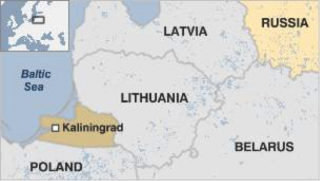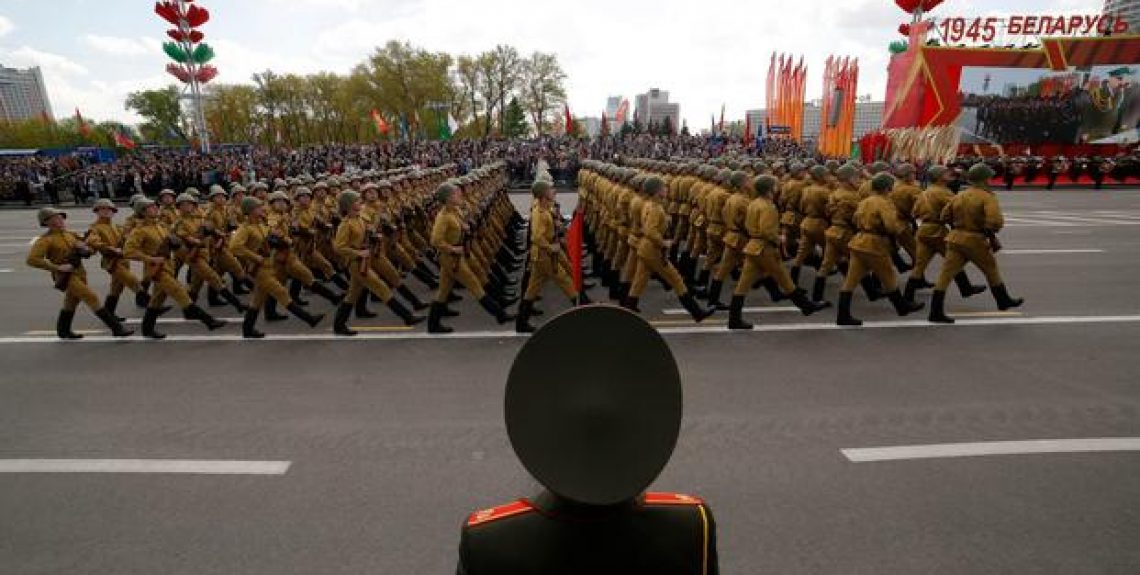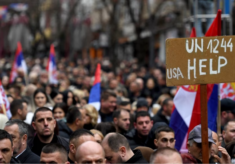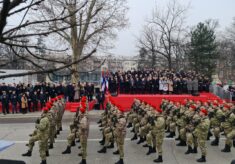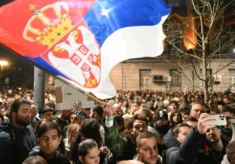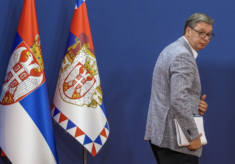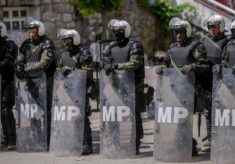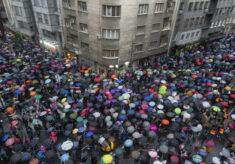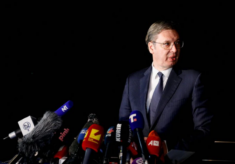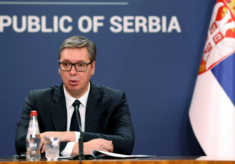Immediately after the outbreak of the 2014 Russian–Ukrainian conflict, Minsk presented itself mainly as a neutral party willing to substantially further peace negotiations over the war’s resolution, thus playing the role of an indispensable regional peace broker.
But just as importantly, Belarus also warranted so-called security guaranties toward all states in its neighbourhood. Accordingly, the Belarusian government took upon itself the commitment that it would not allow third countries (including Russia) to use Belarusian territory as a springboard to carry out military aggression against any of its neighbours.
Lukashenka’s resolve aimed at preserving this de facto neutrality and therefore at avoiding a Russian military encroachment, has morphed into Belarus’s considerable level of strategic autonomy within its complex political and military alliance with Russia that can be assessed as a trade-off between economic help against geopolitical loyalty to Moscow.
In the Russia–Belarus Union State, for instance, Minsk and Moscow, from the purely legal point of view, despite a substantial power gap between the two entities, held formally equal weight, and decisions are, accordingly, taken on the basis of consensus. This helped Minsk in the past to exercise its veto power effectively and substantially to block any unilateral Russian decisions that may have been inconsistent with core Belarusian national interests, as, for instance, substantial, but non formal, military neutrality, or, better said, the difficulty or impossibility of Russian forces of carrying out military operations from Belarusian territory.
What is changing? Belarus is being courted by neighbouring states like Lithuania, Poland and Latvia with the offer of grants, financial help to the burgeoning civil society to further the development of democracy in an atomized society that has been used to authoritarian rule for so many years.
Presently we are witnessing “democracy promotion” by Western European states or the EU, that condemn Lukashenka’s use of violence (“deeply concerned”) against protesters in the streets. This automatically entails the threat or the implementation of sanctions against Lukashenka and his immediate entourage who are not affected by them. It is clear that these sanctions have a very limited effectiveness.
